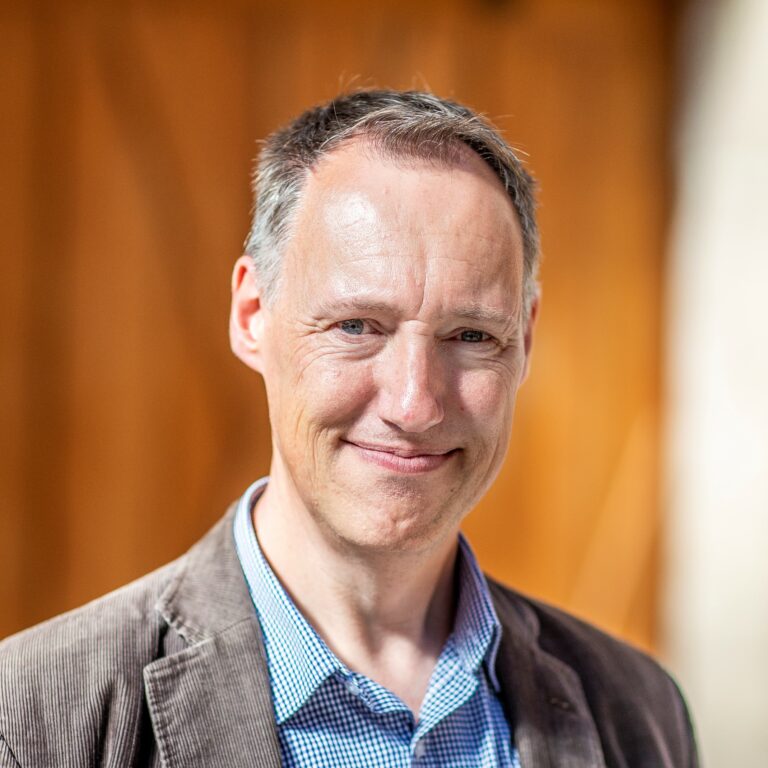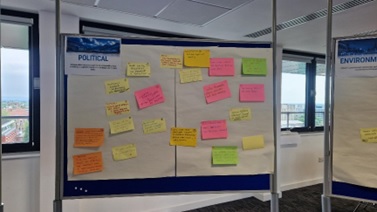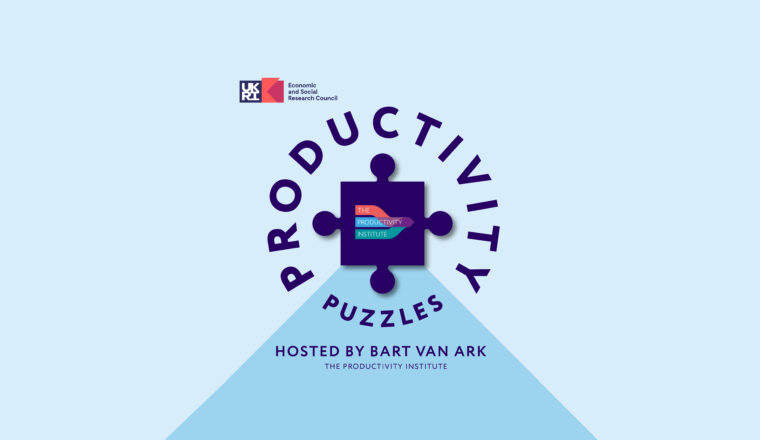Delivering a step change – exploring what success might look like for a future North West economy
 Andy Hulme, Head of Innovation and Growth at the North West Business Leadership team (NWBLT) and member of the North West Productivity Forum has written this guest blog about a joint project between NWBLT and the North West Productivity Forum.
Andy Hulme, Head of Innovation and Growth at the North West Business Leadership team (NWBLT) and member of the North West Productivity Forum has written this guest blog about a joint project between NWBLT and the North West Productivity Forum.
Like much of the UK outside of London the North West has a long-standing productivity problem. And like much of the UK this problem continues despite increasing investment in new and existing innovation assets, and an increasing supply of innovation finance. The latest regional scorecards produced by The Productivity Institute (TPI) Productivity Lab places the North West 5th out of 12 UK regions for productivity performance with 12 out of 17 indicators showing a worsening picture over time.
Collectively we’re getting better at describing what some of the issues and challenges that less productive places face, and some of the things that can be done to address poor productivity. But we still seem to struggle to articulate the other side of the coin – what good looks like in terms of a productive economy or place beyond metrics and key indicators.
 Delivering a step change – a collaborative project
Delivering a step change – a collaborative project
This became the starting point for a collaboration between North West Business Leadership Team (NWBLT) and the North West Regional Productivity Forum. The project, which we’ve called ‘Delivering a Step Change’ in recognition of an earlier key think piece by NWBLT and Innovate UK (Planning for a Step Change), is utilising foresighting and success scenario techniques to explore what a ‘successful and productive’ economy might look like in 2040.
Workshop facilitated by Accenture
An initial workshop in July, facilitated by Accenture’ brought together a range of regional stakeholders to identify those factors and issues which might drive change in 2040. This used a STEEPV framework (Social, Technological, Environmental, Economic, Political, Values), stimulated by some brilliant stories from the future curated by the Accenture team to try and help get participants into the right ‘headspace’.
The group then considered the drivers in the context of certainty and significance, with the aim of identifying those drivers that were most uncertain and potentially most significant.
Next phase of project
The next step in the process will be a workshop to take the material from the first session and start to consider some success scenarios. After that a third and final session will back cast from 2040 to look at key milestones and what policies would need to be in place by those milestones to achieve the success scenarios.
Of course, there are a host of external factors that could and almost certainly will affect the direction of travel of the North West’s economy between now and 2040. Some of these are known ‘mega trends’ and the next stages of the success scenario and back casting processes
 The challenge of looking to the future
The challenge of looking to the future
It’s not without its challenges. One of the early pieces of feedback after the first session has been how difficult it is to get people to think ahead and how differently the world – their world – might be. There is a default position to project today’s challenges and opportunities into that future, and we need to perhaps be more imaginative as organisers about how we create more radical thinking among participants.



